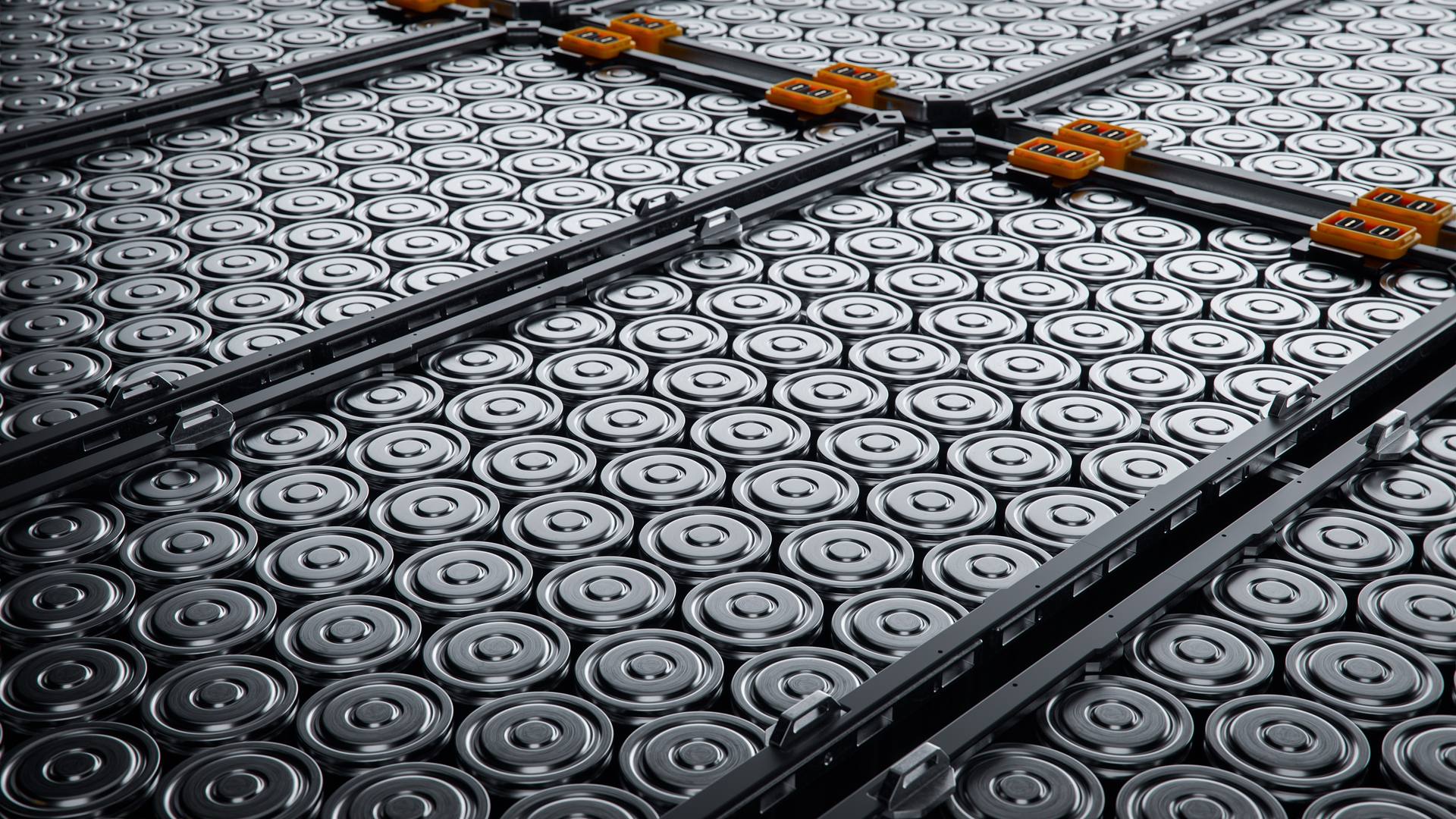Mr Savage, the VP for UK and Ireland at Geotab, has stated that EV batteries in the latest models will outlast the usable life of the vehicle and thus will likely not need to be replaced. This stems from a Geotab case study that looked at EV battery degradation. This study found that modern EV batteries' average annual degradation rate is just 1.8% (vs 2.3% in 2019) and the top-performing vehicles have a battery degradation rate of just c1% per year. This study analysed the battery health of almost 5,000 fleet and private EVs representing nearly 1.5 million days of telematics data. This should help consumers feel more confident that many current EVs are reliable and cost-effective to replace a range of light, medium and heavy-duty ICE vehicles.
BMW (of North America) has announced it has agreed a deal with Redwood Materials to recycle lithium-ion batteries from all of its EVs. BMW, from now on, will tell its dealers to send old batteries from all of its electrified models, including battery-electric, hybrid, mild hybrid, and plug-in hybrid vehicles from brands like BMW, Mini, and Rolls-Royce, to Redwood Materials for recycling. To recap, Redwood Materials takes these materials and transforms them into battery materials that can then be sold back to its many partners to make new EV batteries. The company claims c95–98% of these materials are eventually recovered and returned to the supply chain.
The Chinese Ministry of Commerce (MOFCOM) has advised Chinese EV OEMs not to share advanced EV technology. This guidance comes at an interesting time, as many Chinese EV OEMs are in the process of building factories around the world, especially in Europe. MOFCOM wants the key parts of an EV to be produced domestically and then sent for final assembly in their destination market. This will surely add costs to the OEMs and one of the main reasons these OEMs are entering new markets is due to stiff competition (and eroding margins) domestically. Interestingly, the MOFCOM has namechecked India as a country not to make any auto-related investments and also has stated that OEMs wanting to invest in Turkey (which has a customs union agreement with the EU bloc) should first notify them. Both of these countries are strategic locations and players in the EV sector for Western OEMs. It will be fascinating to witness how these geo-political factors impact the decision-making of Chinese EV OEMs going forward; it would not be surprising if some of these stipulations are relaxed if the EU curbs its tariffs.
The Biden administration is proposing a rule to clarify tax credits for installing EV chargers. The Treasury Department’s rule would offer up to $1,000 for individuals and $100,000 for businesses per EV charger. This rule, if finalized, would benefit businesses installing multiple chargers. The 2022 Inflation Reduction Act aims to expand EV charging access, saving up to 30% on installation costs. The proposal follows January guidance limiting credits to low-income or non-urban areas. Advocates believe these credits will boost EV use and reduce transportation emissions. The rule will be open for public comment until mid-November, with a potential public hearing.
Deals
DeepDrive, a Munich-based electric motor startup, has announced it has raised €30m in a Series B funding round led by Leitmotif. This raise has now positioned the startup to be able to convert several high-volume projects in its customer pipeline of 8 of the world’s 10 largest automakers. DeepDrive also intends to build in-house production lines and industrialise its patented Dual Rotor motor technology to help accelerate the mass adoption of EVs.
Hgen, a California-based clean hydrogen startup, has announced it has raised $5m in a Seed round, led by Seven Seven Six. Quite excitingly, the startup will use a portion of the capital raised to accelerate the rollout of its alkaline electrolysers. Hgen’s alkaline electrolysers have a high-power density and are more efficient & thinner than standard alkaline cells.
Cariqa, a Berlin-based EV charging marketplace, has announced it has raised €1m in a pre-seed round. Investors such as Anthemis (Female Innovator Lab), Vento Ventures, Hatcher+, Techstars and Golden Egg Check participated. Interestingly, this startup intends to remedy the low utilisation rates for Charge Point Operators (CPOs) and the lack of pricing transparency for drivers. This results in the CPOs sacrificing their margin, which restricts their ability to adjust prices dynamically, which ultimately means higher costs for the EV driver. Cariqa’s business model centres around connecting the CPO to the driver directly, thus meaning there is transparency in pricing, whilst empowering the CPOs to improve utilization.
Pony, a French-based bike and (electric) scooter startup has raised €23m in a Series B funding round led by La Poste and the ADEME. To recap, this startup is known for its electrically assisted bicycle, and it plans to roll out its products in more cities in France and Belgium in the next 2 years. A portion of the raised capital will also be used to bring manufacturing production in-house, moving away from Taiwan.
Safire Technology Group, an American-based lithium-ion battery startup, has announced it has raised $8m, in a pre-Series A round, led by Canaan Partners. Investors such as Correlation Ventures, Higher Life Ventures, Ajinomoto, Automotive Ventures, Outpost Ventures, Potomac Angel Capital, and MaC Venture Capital, also participated. This startup focuses on drop-in additives for lithium-ion batteries that prevent fires, if/when an EV crashes. Safire intends to use the raised capital to expand its operations and its R&D efforts.
Electric Outdoors, a Michigan-based off-grid camping solutions startup, has announced it has raised $1.3m in the first closing of a $3m seed round led by Veolectra. The startup has confirmed that this funding aligns with the launch of their sellable pilot units and will thus support data gathering, research, and scaling efforts. Their flagship product*,* the EO Canopy, is a sustainable off-grid glamping platform offering energy, water, waste handling, satellite internet, and EV charging.
